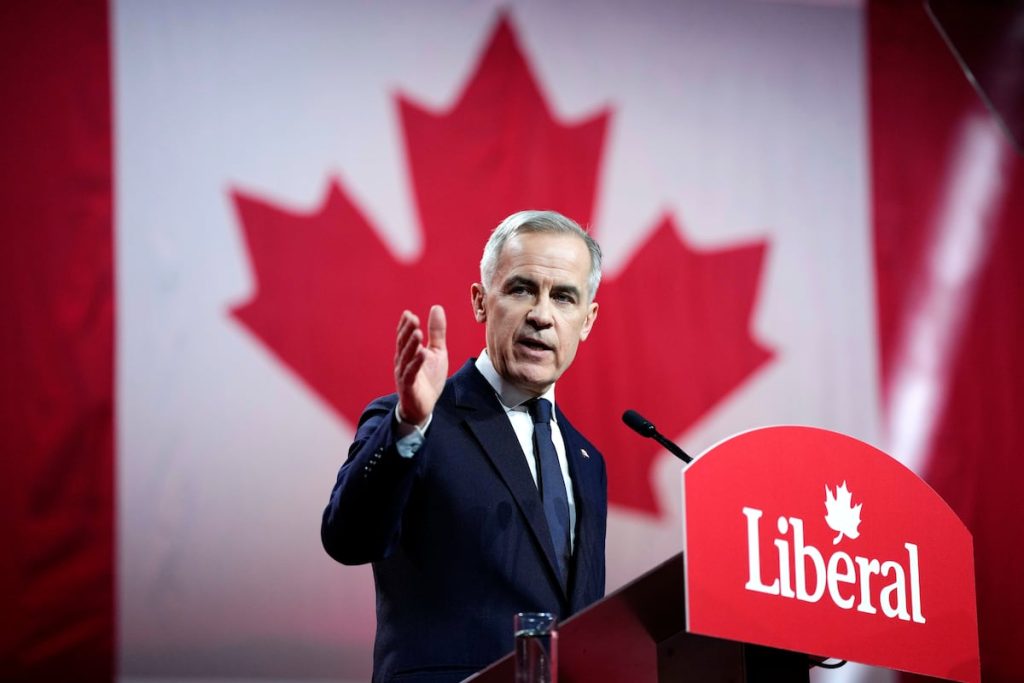Canada Shifts Defense Strategy Amid U.S. Tensions
In light of threats of economic penalties and annexation from the Trump administration, Canada has initiated several efforts to transition its long-standing defense partnerships with the United States towards Europe and other regions.
Foreign Affairs Minister Melanie Joly announced to reporters on Wednesday that Canada is engaged in discussions with European officials about establishing a joint defense alliance, which would encompass collaborative procurement initiatives. These talks have advanced significantly and were influenced, in part, by President Trump’s aggressive rhetoric regarding Canada.
Earlier this month, Trump imposed a 25% tariff on various Canadian goods and has insinuated that the only way Canada could avoid severe economic consequences would be to become the 51st state of the U.S. Such actions have led to a growing distrust of the U.S. within Canada and have encouraged the ruling Liberal government to pursue new defense partnerships, especially with European nations.
“We need new partnerships,” Joly explained to the Canadian Press. “We have an excessive dependency on American procurement, particularly in defense.” She also emphasized that the rhetoric emanating from the White House not only raises concerns but is a direct threat to Canada’s sovereignty.
While Canada has not disclosed specific details regarding the European nations involved or the timeline for these discussions, Prime Minister Mark Carney indicated this week that he has ordered a reassessment of Canada’s agreement to purchase Lockheed Martin’s F-35 fighter jets. Canada previously committed $13.2 billion (CA$19 billion) for 88 F-35s from the U.S. government.
In his announcement, Carney linked this review to Trump’s ongoing trade conflicts, revealing that Canada has only definitively committed to acquiring the first 16 F-35s. He has also been in discussions with officials from France and the UK regarding potential alternatives to the F-35, as well as manufacturing possibilities in Canada, during his recent talks with French President Emmanuel Macron and British Prime Minister Keir Starmer.
The situation adds to the complexity of Canada’s defense strategy, particularly as Carney announced a strengthening of ties with Australia through the development of a new over-the-horizon radar system aimed at monitoring Arctic threats, valued at approximately $4.2 billion (CA$6 billion). With the geopolitical landscape shifting, Carney emphasized the need for Canada to reassess its defense spending, advocating for a greater allocation of funds within the country rather than predominantly to the U.S.



